Junior doctors in England launch fresh strike over pay dispute
Junior doctors in England have staged a strike in the run-up to Christmas in an attempt to force the government to make a fresh effort to improve their pay and working conditions.
The two-phase nine-day strike, which started on Wednesday 0700 GMT, is the longest industrial action by the junior doctors yet.
UK health bosses say the move will pile pressure on senior doctors and bring down the quality of medical services at the busiest time of year.
The first phase of the junior doctors' strike ends on Saturday 0700 GMT and six more days of industrial action are planned from January 3.
The industrial action takes place at one of the busiest times of the year for state-funded hospitals run by the National Health Service (NHS), as it faces increased pressure from widespread seasonal respiratory illnesses during the winter holidays.
“Routine care is virtually at a standstill” during these strikes, the NHS medical director has said, as the system is bracing itself for one of the toughest strikes in its history.
Professor Sir Stephen Powis warned of the "huge disruption" expected across the NHS hospitals as consultants move to provide cover.
This week, strike action by junior doctors will affect some key NHS services.
— NHS England (@NHSEngland) December 20, 2023
@NHSEnglandNMD Professor Sir Stephen Powis explains how to access the NHS care you need. If you need medical help, use 111, or for a serious or life-threatening emergency, please call 999. pic.twitter.com/e6qJExt0dT
Powis said that the junior doctors’ nine-day strike would "put the NHS on the back foot" as it enters its most pressurized time of year.
Hospital bosses claim strikes by junior doctors have strained their relationship with consultants, leading to tensions with more senior colleagues who are tired of having to cover for junior doctors as well as doing their own monthly shifts.
Consultants are frustrated because junior doctors in England are striking at a time when hospitals are under the heaviest workload of the year because of the surge in winter illnesses, staff holidays, and lack of social care support.
Meanwhile, the junior doctors' strike also met with criticism from the UK government which oversees public health policy in England.
UK Prime Minister Rishi Sunak said the lengthy strike during this critical time was his "worst fears realized".
"We would encourage junior doctors to consider carefully the extremely significant impact striking at such a challenging time will have both on the NHS and for individual patients and to return to talks," Sunak said on Tuesday.
Earlier this month, the British Medical Association (BMA) announced the junior doctors' plan to take strike action after the failure of talks with the government.
The talks failed after junior doctors were only offered a 3 percent rise on top of the average 8.8 percent increase they were given earlier this year. The junior doctors' union said it rejected the offer because the cash would be split unevenly across different doctor grades and would "still amount to pay cuts for many doctors".
The UK government has delegated health policy in Scotland, Wales, and Northern Ireland to their local administrations.
Hospital doctors in Wales are due to walk out for 72 hours from January 15. The junior doctors in Northern Ireland are being balloted for potential strike action. However, their Scottish counterparts have struck a deal with the government in Edinburgh.
Hospitals typically see a rise in the number of people in hospital in the two weeks after Christmas due to people delaying seeking treatment in order to spend the festive season with loved ones.
The NHS is already facing huge backlogs in waiting times for appointments and surgery, blamed on treatment postponement during COVID and also years of underfunding.
Tehran reaffirms drive to deepen defense ties with West African countries
US envoy’s remarks on Israeli West Asia expansion shows Muslim world targeted: Houthi
Iran says any agreement with US must fully safeguard national rights, interests
VIDEO | Press TV's news headlines
Trump administration terminates aid programs to seven African countries: Report
IRGC warship back home after long-range deployment for BRICS naval drills
Democrats’ secret ‘autopsy’ report of 2024 election links Harris’ loss to Gaza stance
'Defeat is certain for them’: Iran Army chief derides enemy’s claim of invincibility


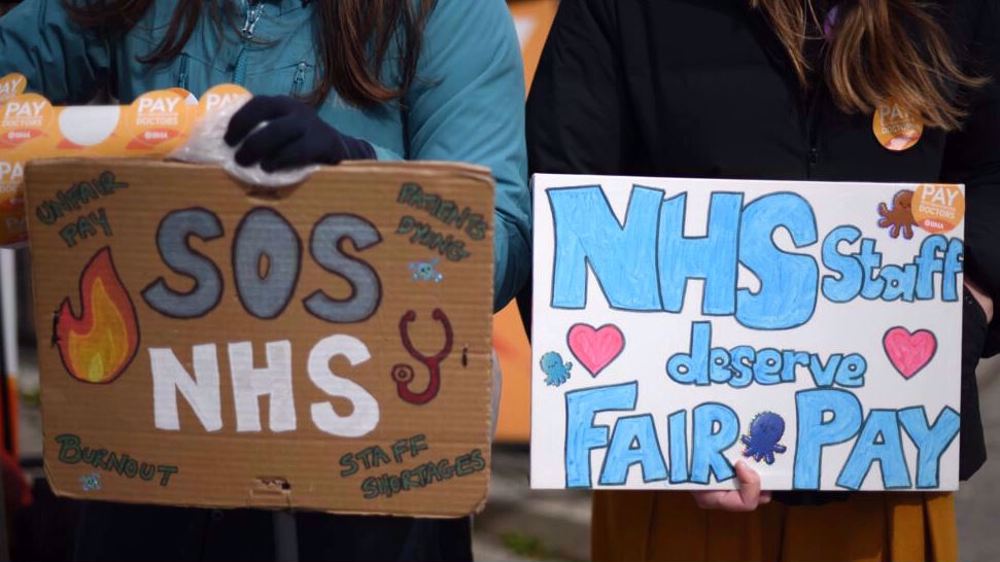
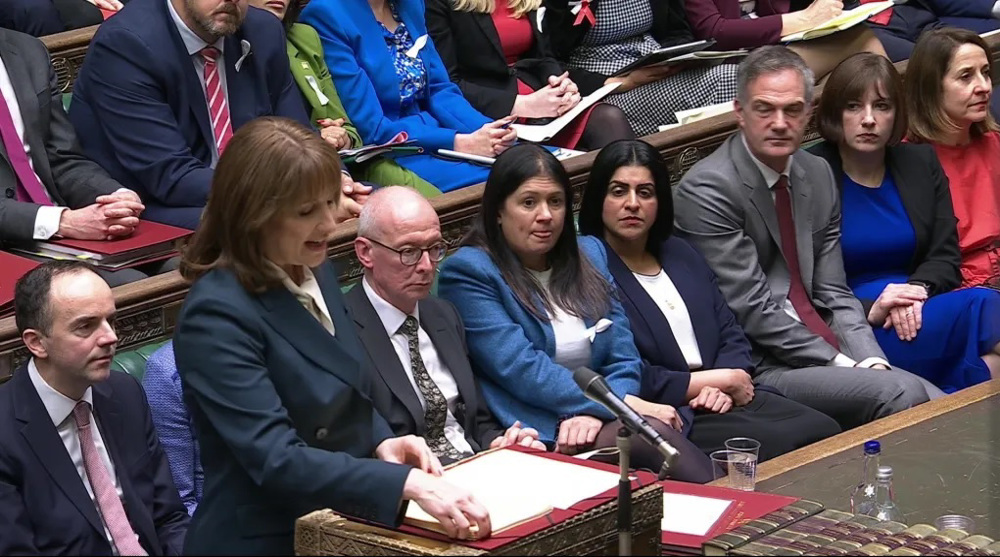
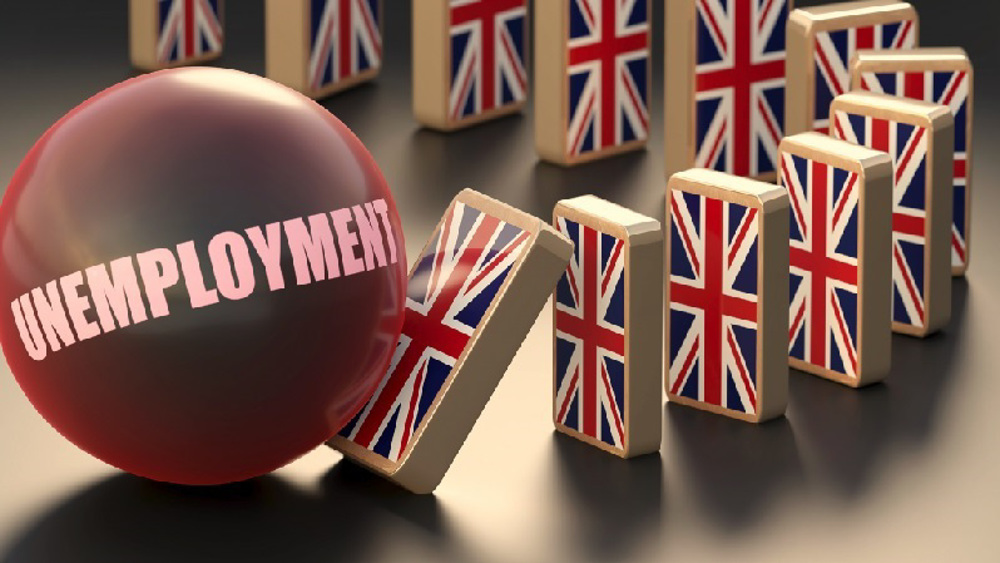




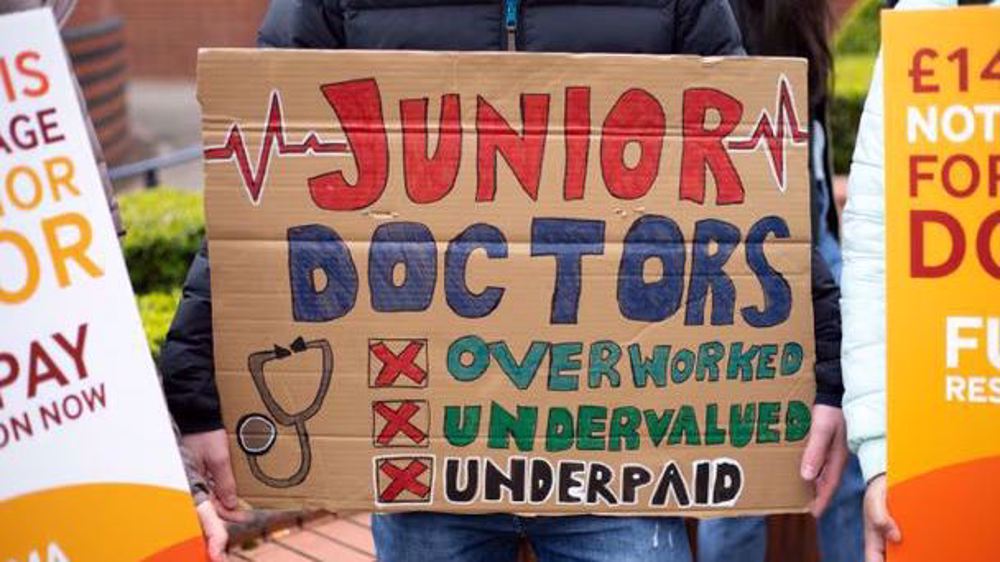
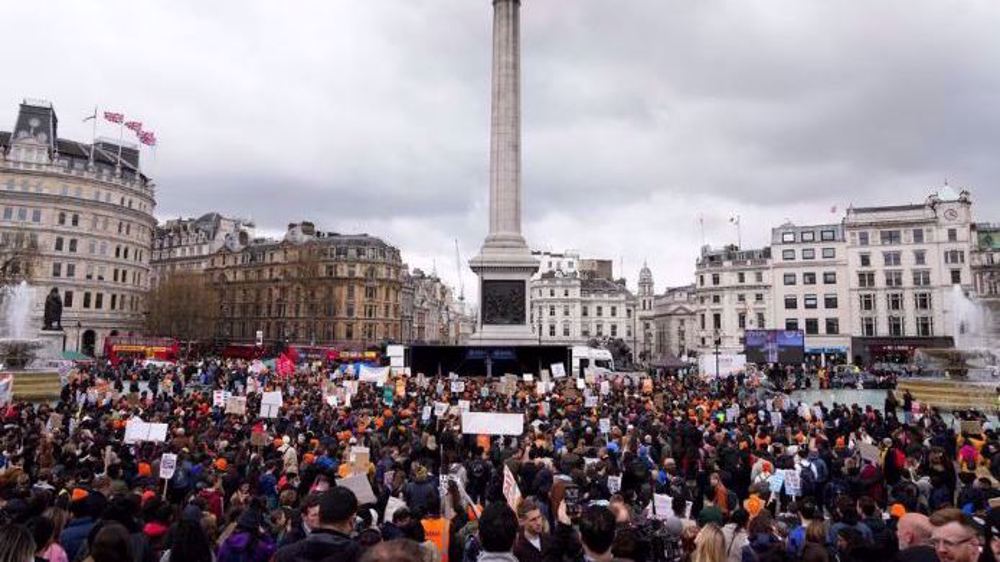
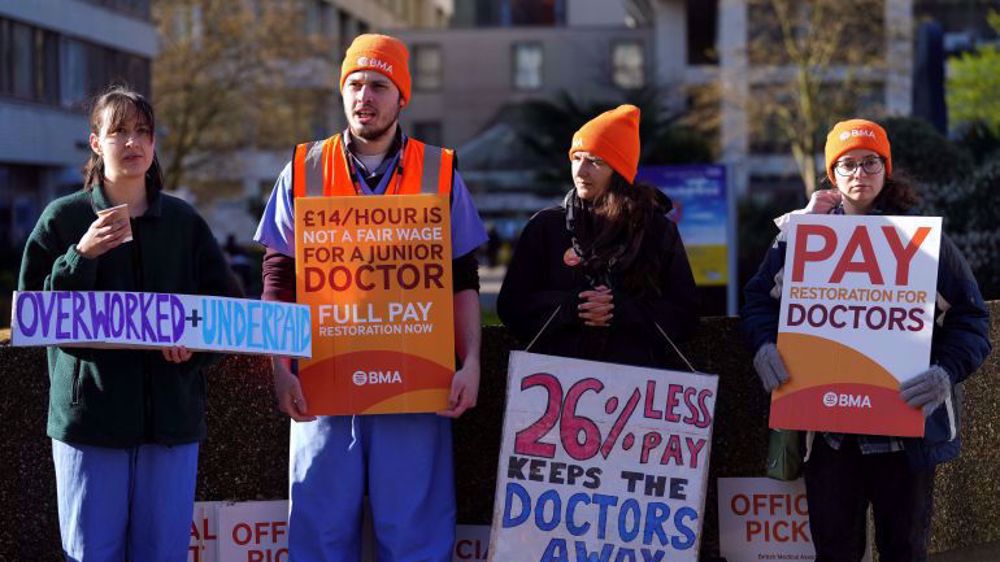
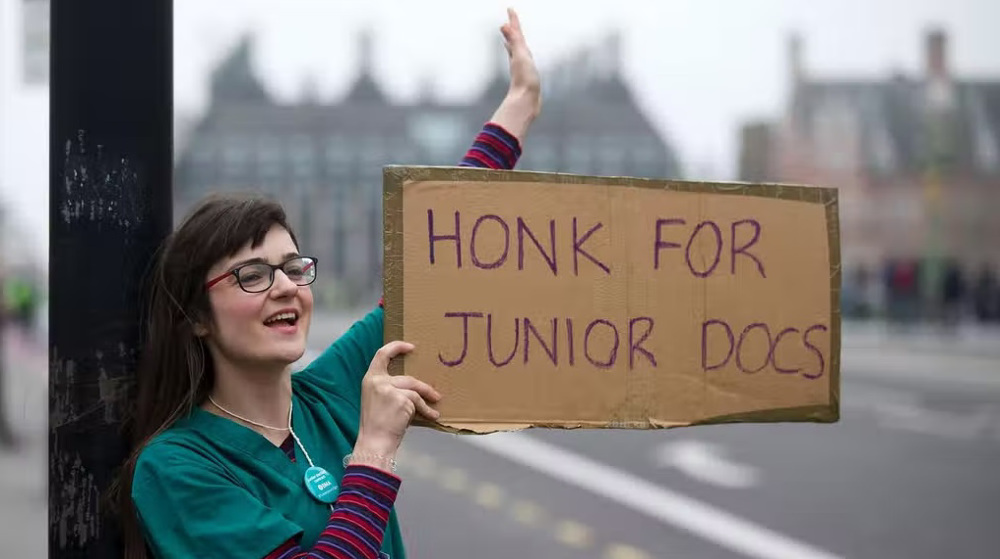
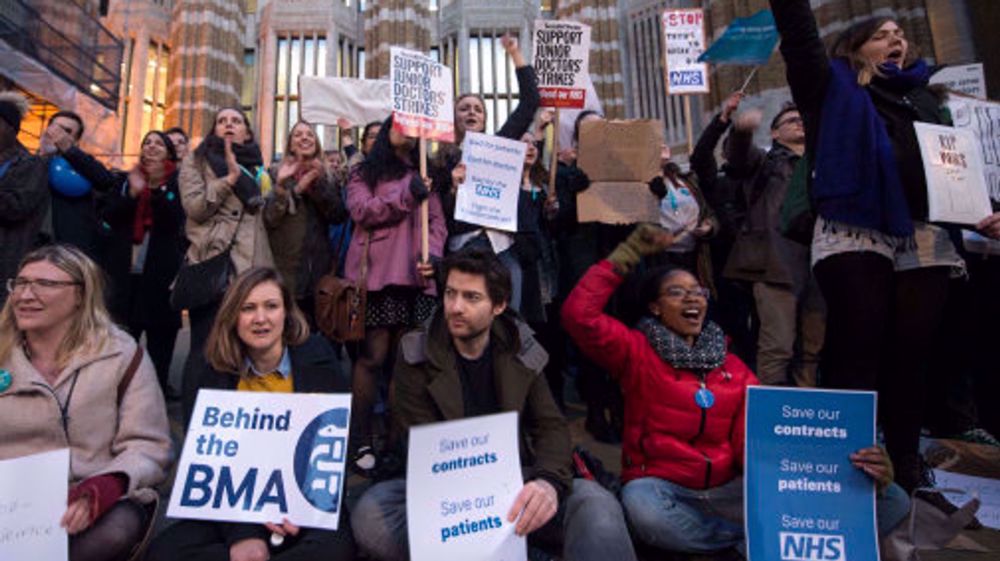

 This makes it easy to access the Press TV website
This makes it easy to access the Press TV website